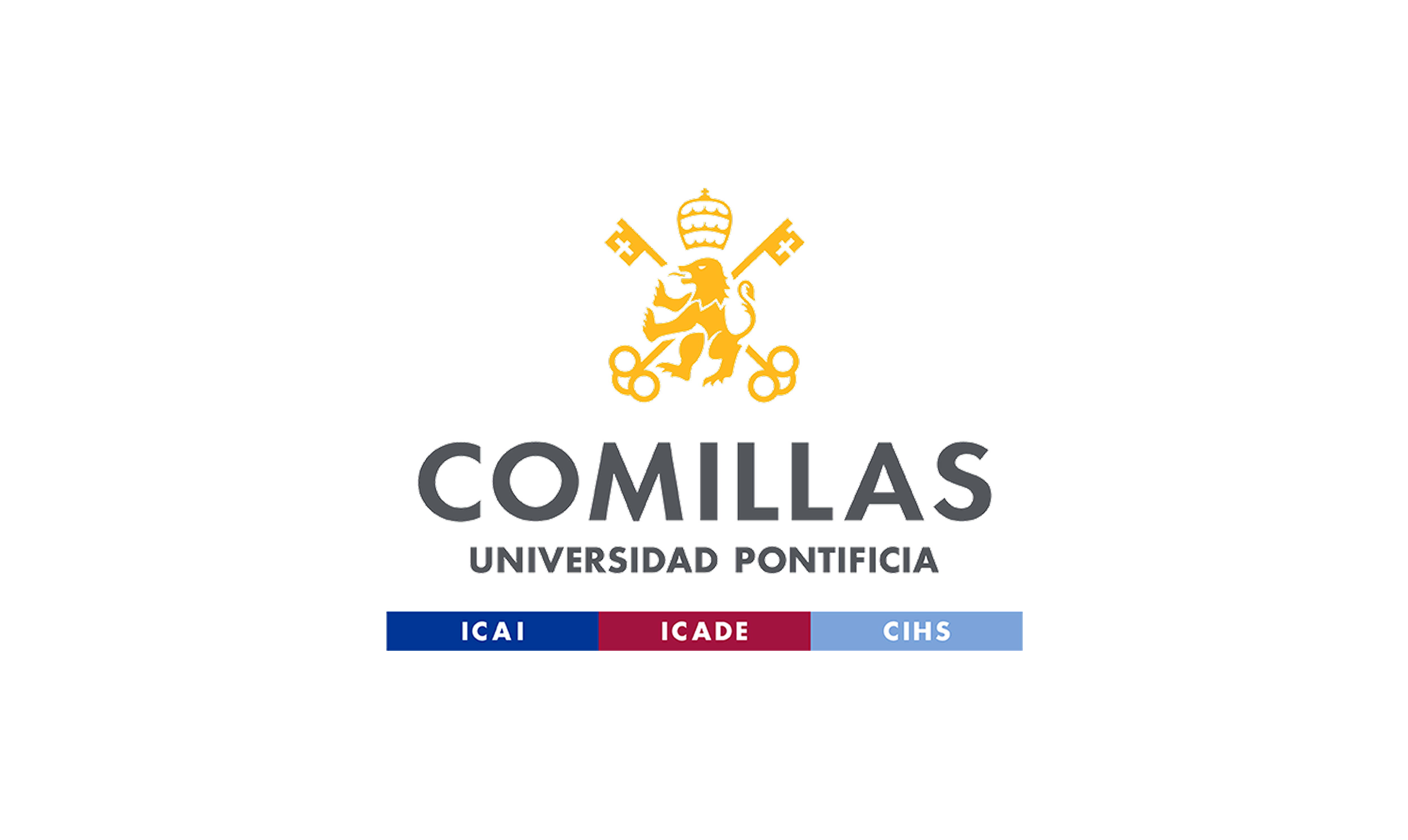Index
Receive our newsletter
Sending students abroad is not just an academic or administrative process. It is a highly complex mission that involves logistics, institutional responsibility, and, above all, human support. Study Abroad departments carry a significant responsibility: they serve as a bridge between the home university and a world full of opportunities… but also challenges.
Every year, thousands of students rely on their university to guide them through their international experience. And although academic programs may be well structured and international agreements properly signed, the students’ experience outside the classroom still largely depends on how certain practical aspects are managed by the institution.
Factors such as housing, documentation, communication with international partners, or incident management can make the difference between an enriching experience and one filled with frustration and stress. And the most delicate part: many of these mistakes are not detected until after they’ve already affected a student.
That’s why, at a time when international mobility is expanding and becoming more diverse, it is more important than ever to review processes, identify potential bottlenecks, and rely on both technological and human solutions that allow for more efficient, safe, and scalable management.
Here are five of the most frequent mistakes made by Study Abroad departments when managing international programs… and how to avoid them.
1. Not having clear protocols for emergencies and incidents
Many international programs lack clearly defined protocols for dealing with critical situations such as visa loss, medical issues, housing conflicts, or sensitive personal situations. This creates uncertainty for students and slows down institutional response.
How to avoid it:
- Create action protocols by type of incident.
- Appoint internal and on-site (destination) points of contact.
- Provide students with clear information before departure and 24/7 contact channels.
- Use tools that allow structured tracking of incidents.
2. Underestimating the importance of housing
Many departments view housing as something external to the academic program. However, it is one of the variables with the greatest impact on student well-being. Arriving in a new country without safe housing or with unclear conditions can make the start of the experience very unpleasant.
How to avoid it:
- Vet housing partners in each destination.
- Provide students with a clear guide including verified options.
- Offer guidance on contracts, deposits, recommended neighborhoods, and common scams.
- Support the search process with a centralized platform that allows for secure comparisons and bookings.
3. Relying on spreadsheets or emails to manage the program
Manual management via emails, spreadsheets, and scattered documents might work for 5 or 10 students, but as the program grows, this system becomes a bottleneck. The lack of automation leads to errors, delays, and loss of traceability.
How to avoid it:
- Implement an integrated platform to manage all aspects of the program: visas, documents, payments, housing, tracking.
- Unify communication channels and automate repetitive processes.
- Ensure data security and traceability of each action.
4. Not measuring or analyzing the real student experience
Many universities collect academic feedback at the end of the program, but they don’t gather qualitative or quantitative data about the students’ lived experience. This prevents the identification of improvement areas and limits the ability to adjust key processes for future editions.
How to avoid it:
- Design specific surveys focused on non-academic aspects: adaptation, housing, paperwork, mental health, social integration.
- Conduct ongoing follow-up, not just post-program.
- Include key performance indicators (KPIs) such as overall satisfaction, incident frequency, service accessibility, etc.
5. Not relying on specialized technology: Abroad by Lodgerin
Managing international mobility programs involves coordinating multiple elements at once: housing, documentation, emergencies, transportation, support, communication… When these processes are handled manually or with generic tools, the risk of errors, delays, and fragmented student experiences increases significantly.
In this context, Abroad by Lodgerin stands out as a technological solution designed specifically to meet the needs of universities and organizations managing mobility programs.
But what is Abroad?
Abroad is a comprehensive software platform for managing international mobility, allowing universities and companies to centralize the logistics associated with their programs in a single digital environment: from housing and documentation to complementary services such as transportation, emergency assistance, or psychological support.
The tool is designed to be reliable, intuitive, and easy to implement, streamlining the organization and monitoring of each student or professional abroad.
Far from being just a technological tool, Abroad incorporates a continuous support model, aiming to reduce operational risks, resolve incidents, and enhance the overall mobility experience. This human-centered approach is based on a clear belief: behind every process, there are people, and the system must serve them.
Additionally, Abroad is integrated with the mobile app Arribo, through which users registered by universities can easily access their personal information, documentation, contracted services, and important alerts during their stay abroad.
This combination of technology and support enables Study Abroad departments to professionalize their operations, scale their programs safely, and offer students a structured, accessible, and reliable mobility experience.
International mobility programs are a strategic investment for any institution, but their success is not measured solely by the number of signed agreements or available placements. It is measured by the quality of the experience each student lives.
Avoiding these five common mistakes is key to improving program quality, reducing institutional risks, and making a real, positive impact on the development of those who choose to study beyond their borders. Because properly supporting a student abroad is not just an operational task, it is an educational responsibility.








